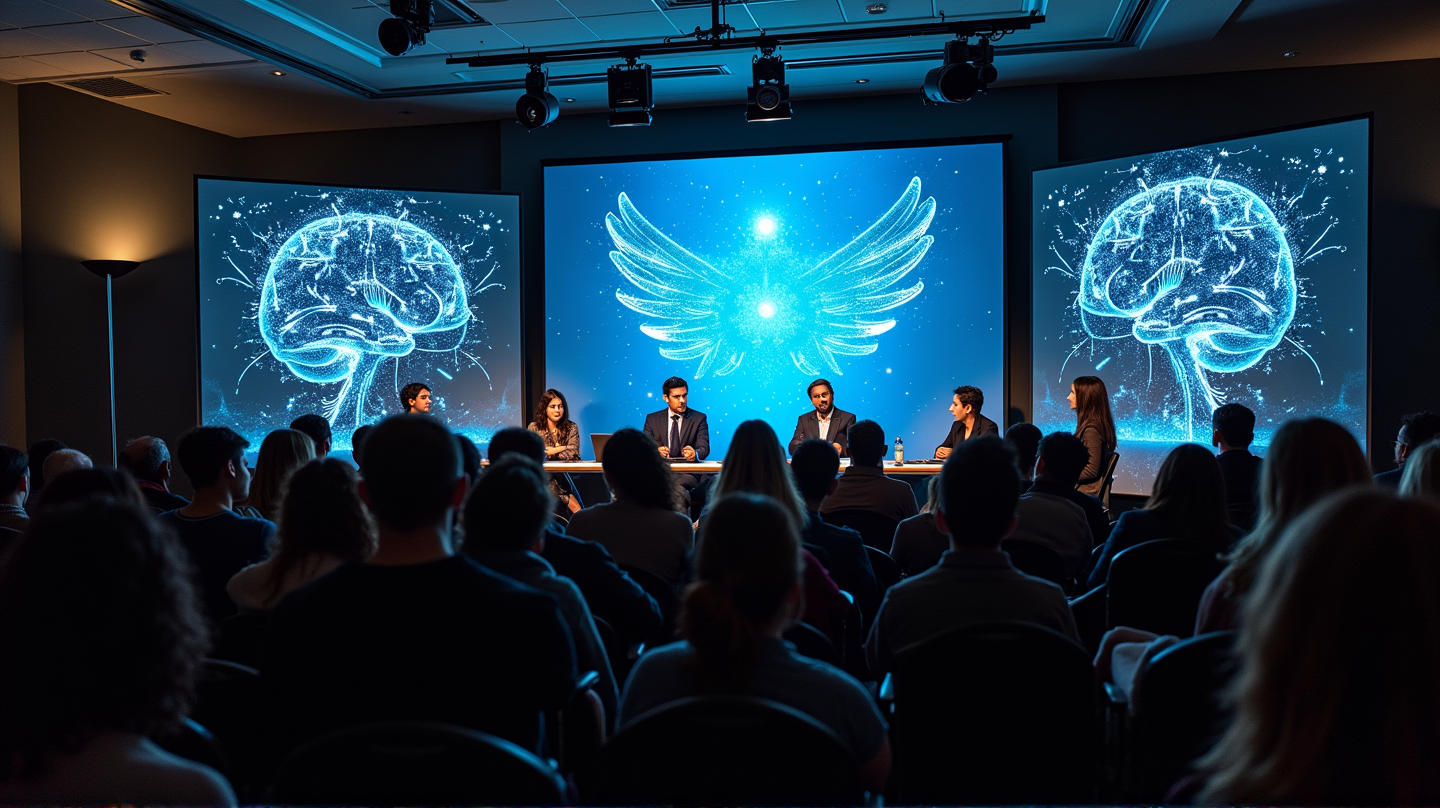In the heart of Dartmouth, a groundbreaking symposium took place on March 16, focusing on the integration of artificial intelligence (AI) into student mental health services. With mounting concerns about the well-being of college students, this event aimed to illuminate innovative pathways to harness AI for enhancing wellness support systems on campuses.
Andrew Campbell Sets the Stage
The symposium began with a thought-provoking address by Andrew Campbell, a key figure in the field of computer science at Dartmouth. He posed critical questions: “Can AI help at-risk students thrive? Can it aid in building resilience?” These questions underscored the urgent need for AI-driven solutions to bridge the mental health resource gap.
Exploring AI Innovations
Attendees delved into the realm of mobile and wearable sensing technologies, which hold the potential to revolutionize mental health resources. According to Dartmouth, these technologies could significantly extend existing support systems, providing personalized solutions to students in need.
The Mental Health Landscape
Chief Health and Wellness Officer Estevan Garcia presented a sobering perspective backed by data from the National Healthy Minds Survey. Although there was a modest decrease in depression and anxiety levels, 38% of students still reported depression, and 34% experienced anxiety. This paints a picture of the ongoing challenges faced by academic institutions.
Collaborative Efforts in Focus
The event featured diverse panels, including key individuals like Lisa Marsch and keynote speaker Ellie Pavlick. They highlighted Dartmouth’s efforts in digital health and discussed the potential application of advanced language models in supporting student mental health.
Student Perspectives on AI Solutions
A panel of students shared their experiences and concerns, expressing the need for AI tools that complement, rather than replace, existing human support systems. Their voices emphasized the importance of involving student feedback in developing effective interventions.
Future Directions
David Blanchflower, an economics professor at Dartmouth, presented alarming global trends in youth happiness and well-being, pointing to technological disruptions as a significant factor. This deepened the resolve to explore AI solutions that prioritize human-centric approaches.
A Collaborative Path Forward
As the symposium concluded, the consensus was clear: AI offers promising avenues to support student mental health but must be developed inclusively. Collaboration with students and integration of diverse perspectives are crucial to creating effective and sustainable solutions.
Dartmouth’s symposium marks a significant step towards a future where technology and empathy unite to tackle one of the most pressing issues on college campuses today.
